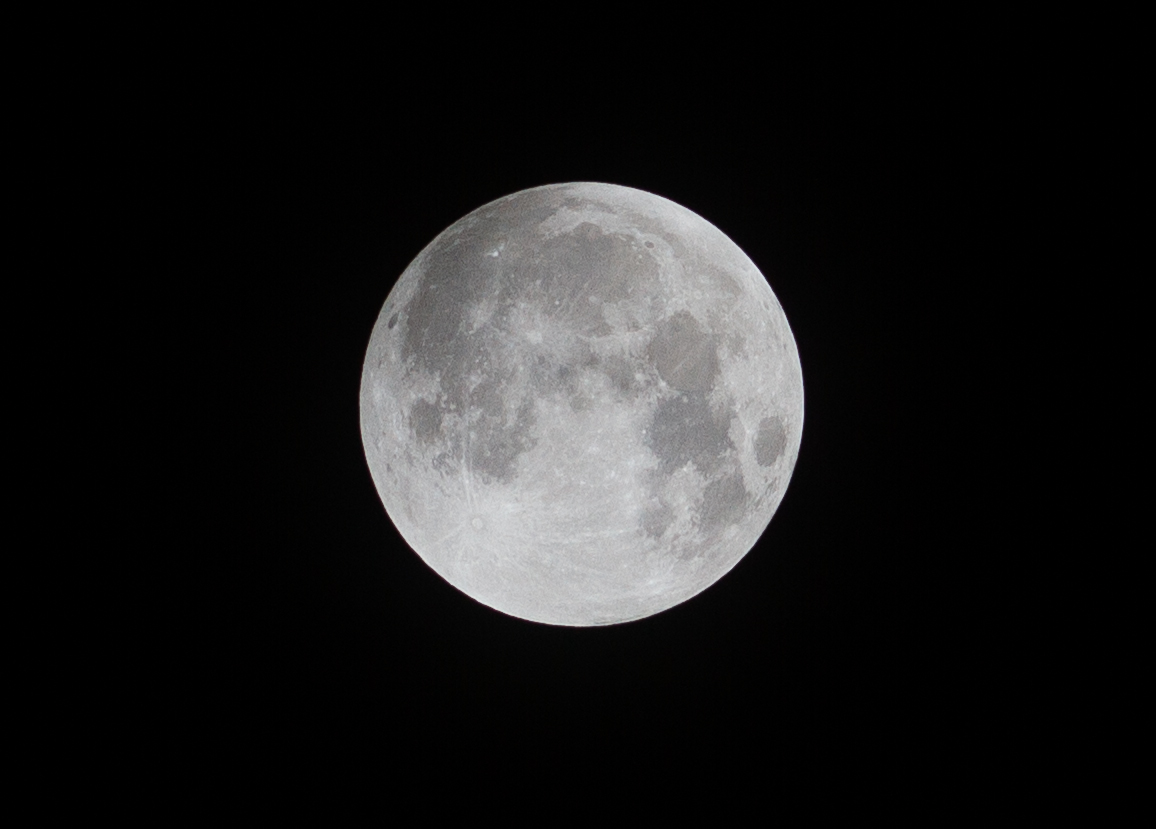The Clangers Thread (for Eclipses of the Moon and other astronomical stuff)

Comments
-
Nope , just an early /late Richard
Is it orange (ish)
I know it was as bright and clear as you like before I went to bed early 4 hours a go0 -
Not orangish yet. Just getting slightly darker.0
-
Ok , I may have a look in a bit0
-
-
Looking red now.0
-
-
Fascinating sky this evening. The last quarter moon looks beautiful. Above it and to the left is a feint red spot; Mars. Below it and to the right, looking like a very bright star, is actually Venus. Neptune is in the same region too, but you'll need some decent optics to see that.
Well worth a look if you haven't seen it already.11 -
Yep saw it earlier and thought it was just the pole star. Had a look again now and wow how bright is Venus? Can see Mars just as well, Thanks @StigStig said:Fascinating sky this evening. The last quarter moon looks beautiful. Above it and to the left is a feint red spot; Mars. Below it and to the right, looking like a very bright star, is actually Venus. Neptune is in the same region too, but you'll need some decent optics to see that.
Well worth a look if you haven't seen it already.0 -
you've got too much ambient light, Mars looks quite bright from Ruislip. it looks cool with the 3 of them in a line and all brightStig said:Fascinating sky this evening. The last quarter moon looks beautiful. Above it and to the left is a feint red spot; Mars. Below it and to the right, looking like a very bright star, is actually Venus. Neptune is in the same region too, but you'll need some decent optics to see that.
Well worth a look if you haven't seen it already.0 -
Sponsored links:
-
Thanks for the heads up. Just shown the kids0
-
Nice one stig - fascinating stuff.Stig said:Fascinating sky this evening. The last quarter moon looks beautiful. Above it and to the left is a feint red spot; Mars. Below it and to the right, looking like a very bright star, is actually Venus. Neptune is in the same region too, but you'll need some decent optics to see that.
Well worth a look if you haven't seen it already.0 -
Nice heads up
 0
0 -
If you look to the far right you can see where Nicky Baileys penalty ended up.RedChaser said:Nice heads up
 20
20 -
Is Jupiter the Christmas star?0
-
Thanks from me also, looks brilliant from Bexley.McBobbin said:Thanks for the heads up. Just shown the kids
0 -
Thanks for that. Here in rural Kerry it's very clear. And beautiful.0
-
Looks really clear, thanks0
-
-
-
Sponsored links:
-
Thanks Stig. Looks quite spectacular. Never realised Venus was so bright.0
-
I spent new year in Selsey where Patrick Moore used to live and on the nights when there was no fog you could see why- possibly the clearest skies I've seen in this country, wish I was still there tonight as it would be a great place to view fromStig said:I think Rina is right about the ambient light. A couple of things to add to my wish list; a decent telescope and a house miles from anywhere.
1 -
We've recently moved to the middle of nowhere in Kent, and the difference in light pollution from New Eltham is unbelievable.Stig said:
The Moon, Venus and Mars are all bright as a button tonight.
0 -
There's a dark sky area in Kerry. The difference is astounding to be in an area that has no ambient lighting for miles around.
An ordinary cloudless evening is just mindblowing with so many stars to see.0 -
Beautiful again. This Autumn / Winter, Venus has looked incredibly bright. No idea about the astronomical reasons but stunning on these clear sharp nights.0
-
I remember being at friends just outside of Castlemaine in Victoria a few years back and the Sky at night was astounding to the naked eye. Makes such a difference with no light pollution.0
-
Would really recommend one of the planetarium talks at Greenwich observatory - they highlight some of the key constellations and how they sit with others. You also get to look through the big scope - when we went Jupiter was visible inc four of its moons. Usually on around Feb/March.
Where it comes to determining if it's a bright star or planet you can see one rule of thumb is stars twinkle whereas planets dont3 -
Venus appears so brightly because its dense atmosphere and thick clouds reflect 70% of the sunlight. What with that and it being the closest planet to earth it pretty much always gives a bright, dazzling display.
(PS: The whole astronomy thing really fascinates me and is a bit of a guilty pleasure, or just escapism? I am sure that many of you have it already, but the free Mobius Sky Map app is a great bit of kit for learning about the nightsky and reading it 'live' so to speak. Just little things like the light from the closest star outside of our solar system takes 4 years to reach us intrigues me! So, as a minimum, when you look at the stars at night, that light has taken 10s, 100s, 1000s of years to come into view! And that's with that light travelling at 186,000 miles per second!!).1 -
We went up the Atlas mountains a few years ago. No light pollution at all. The night sky was mindblowing.
As long as they aren't behind the sun, you get really good views of Venus and Mercury during an eclipse. There's one in August in the US this summer, I still can't decide whether to go or not.0
















